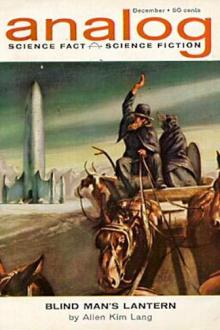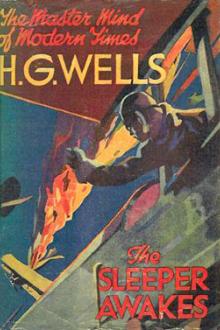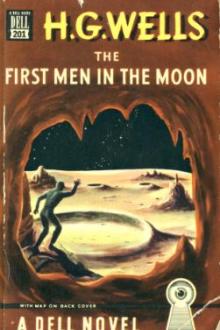Genre Fiction. Page - 269
No registration or authorisation! And it is all for free!

s controlled by her it was coldly received and blindly rejected by the governing powers, and there was left only the slower, subtler, but none the less sure, process of working its way among the people to burst in time in rebellion and the destruction of the conservative forces that would repress it.In the opening years of the nineteenth century the friar orders in the Philippines had reached the apogee of their power and usefulness. Their influence was everywhere felt and acknowledged, while

ets with sweets war not, joy delights in joy: Why lov'st thou that which thou receiv'st not gladly, Or else receiv'st with pleasure thine annoy? If the true concord of well-tuned sounds, By unions married, do offend thine ear, They do but sweetly chide thee, who confounds In singleness the parts that thou shouldst bear. Mark how one string, sweet husband to another, Strikes each in each by mutual ordering; Resembling sire and child and happy mother, Who, all in one, one pleasing note do sing:

the New Jardeen Incident."A frozen silence followed the last five words. Hunter thought, So that's what the little weasel was fishing for.... Rockford quietly laid down his fork. Val's face turned grim. Lyla looked up in quick alarm and said to Narf: "Let's not--" "Don't misunderstand me, gentlemen," Narf's loud voice went on. "I believe the commander of the Terran cruiser wouldn't have ordered it to fire upon the Verdam cruiser over a neutral world such as New

ter took up the portfolio, opened it, put it down, hesitated, seemed about to speak. "Perhaps," he whispered doubtfully. Presently he glanced at the door and back to the figure. Then he stole on tiptoe out of the room, glancing at his companion after each elaborate pace.He closed the door noiselessly. The house door was standing open, and he went out beyond the porch, and stood where the monkshood rose at the corner of the garden bed. From this point he could see the stranger through

d at Zeb, whose face was blue and whose hair was pink, and gave a little laugh that sounded a bit nervous."Isn't it funny?" she said. The boy was startled and his eyes were big. Dorothy had a green streak through the center of her face where the blue and yellow lights came together, and her appearance seemed to add to his fright. "I--I don't s-s-see any-thing funny--'bout it!" he stammered. [Illustration: HORSE, BUGGY AND ALL FELL SLOWLY.] Just then the buggy tipped slowly

Another scholar would greet "the stranger," lead him around the room, and introduce him.One day it was Abe's turn to do the introducing. He opened the door to find his best friend, Nat Grigsby, waiting outside. Nat bowed low, from the waist. Abe bowed. His buckskin trousers, already too short, slipped up still farther, showing several inches of his bare leg. He looked so solemn that some of the girls giggled. The schoolmaster frowned and pounded on his desk. The giggling stopped.

little later I heard the stroke of oars, growing nearer and nearer, and the calls of a man. When he was very near I heard him crying, in vexed fashion, "Why in hell don't you sing out?" This meant me, I thought, and then the blankness and darkness rose over me. CHAPTER II I seemed swinging in a mighty rhythm through orbit vastness. Sparkling points of light spluttered and shot past me. They were stars, I knew, and flaring comets, that peopled my flight among the suns. As I reached the

gates."What cart?" asked Bibot, roughly. "Driven by an old hag. . . . A covered cart . . ." "There were a dozen . . ." "An old hag who said her son had the plague?" "Yes . . ." "You have not let them go?" "MORBLEU!" said Bibot, whose purple cheeks had suddenly become white with fear. "The cart contained the CI-DEVANT Comtesse de Tourney and her two children, all of them traitors and condemned to death." "And

"So much pettiness," he explained; "so much intrigue! And really, when one has an idea--a novel, fertilising idea--I don't want to be uncharitable, but--"I am a man who believes in impulses. I made what was perhaps a rash proposition. But you must remember, that I had been alone, play-writing in Lympne, for fourteen days, and my compunction for his ruined walk still hung about me. "Why not," said I, "make this your new habit? In the place of the one I spoilt?
